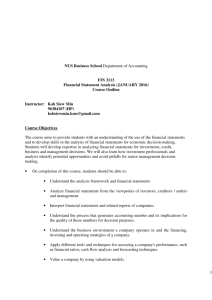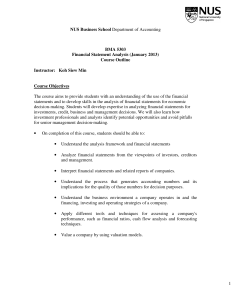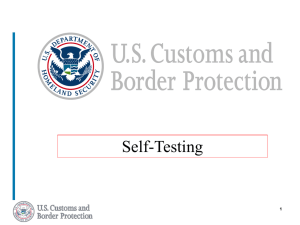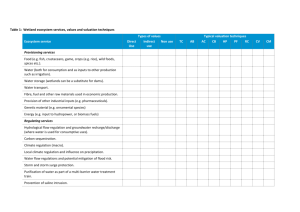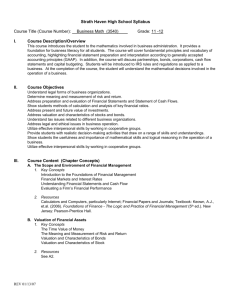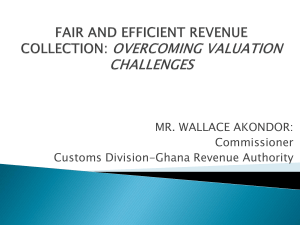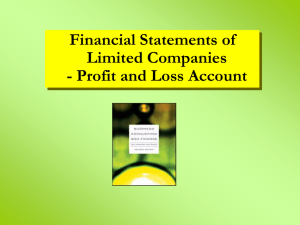SAA for WTO Customs Valuation Agreement
advertisement
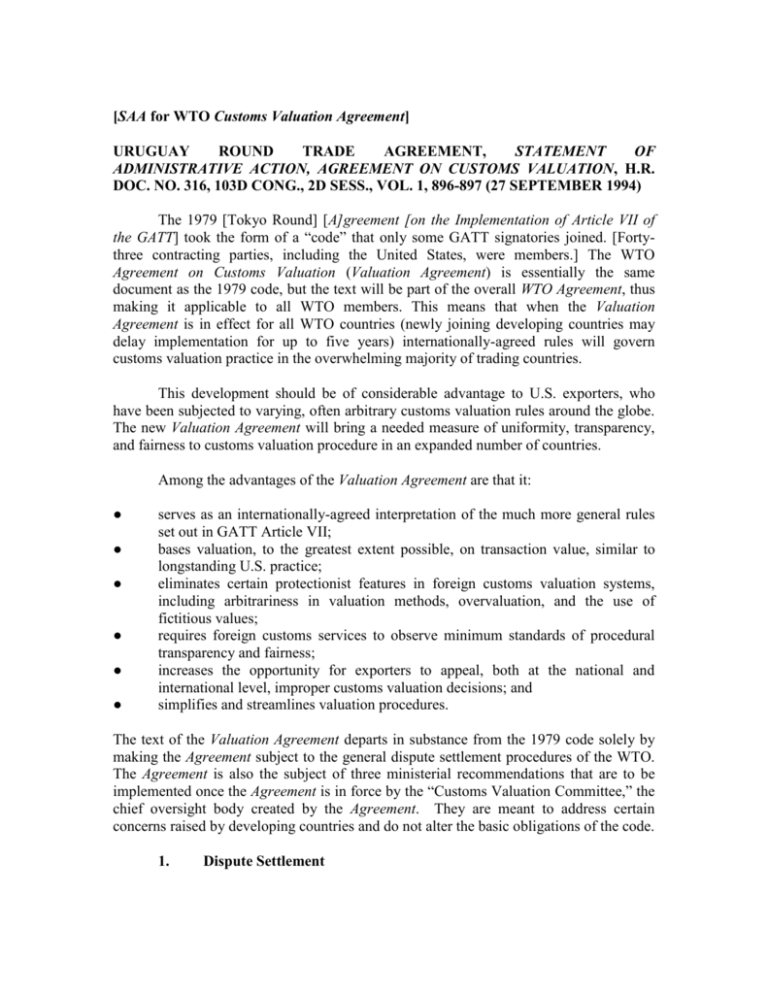
[SAA for WTO Customs Valuation Agreement] URUGUAY ROUND TRADE AGREEMENT, STATEMENT OF ADMINISTRATIVE ACTION, AGREEMENT ON CUSTOMS VALUATION, H.R. DOC. NO. 316, 103D CONG., 2D SESS., VOL. 1, 896-897 (27 SEPTEMBER 1994) The 1979 [Tokyo Round] [A]greement [on the Implementation of Article VII of the GATT] took the form of a “code” that only some GATT signatories joined. [Fortythree contracting parties, including the United States, were members.] The WTO Agreement on Customs Valuation (Valuation Agreement) is essentially the same document as the 1979 code, but the text will be part of the overall WTO Agreement, thus making it applicable to all WTO members. This means that when the Valuation Agreement is in effect for all WTO countries (newly joining developing countries may delay implementation for up to five years) internationally-agreed rules will govern customs valuation practice in the overwhelming majority of trading countries. This development should be of considerable advantage to U.S. exporters, who have been subjected to varying, often arbitrary customs valuation rules around the globe. The new Valuation Agreement will bring a needed measure of uniformity, transparency, and fairness to customs valuation procedure in an expanded number of countries. Among the advantages of the Valuation Agreement are that it: ● ● ● ● ● ● serves as an internationally-agreed interpretation of the much more general rules set out in GATT Article VII; bases valuation, to the greatest extent possible, on transaction value, similar to longstanding U.S. practice; eliminates certain protectionist features in foreign customs valuation systems, including arbitrariness in valuation methods, overvaluation, and the use of fictitious values; requires foreign customs services to observe minimum standards of procedural transparency and fairness; increases the opportunity for exporters to appeal, both at the national and international level, improper customs valuation decisions; and simplifies and streamlines valuation procedures. The text of the Valuation Agreement departs in substance from the 1979 code solely by making the Agreement subject to the general dispute settlement procedures of the WTO. The Agreement is also the subject of three ministerial recommendations that are to be implemented once the Agreement is in force by the “Customs Valuation Committee,” the chief oversight body created by the Agreement. They are meant to address certain concerns raised by developing countries and do not alter the basic obligations of the code. 1. Dispute Settlement Article 19 of the Agreement applies the rules of the Dispute Settlement Understanding to disputes between member governments over the application or interpretation of the Valuation Agreement. In addition, the “Technical Committee on Customs Valuation” created by the Agreement, which operates under the auspices of the Brussels-based “Customs Cooperation Council,” will provide advice and assistance, on request, to WTO members when they consult under the dispute settlement procedures of the Agreement. 2. Value Declarations A ministerial recommendation on value declarations – to be adopted as a “decision” of the Customs Valuation Committee – recognizes that customs authorities may take reasonable steps to guard against questionable declarations of value, but provides that governments must provide minimum standards of transparency and fairness in deciding whether to reject an importer’s declaration. The decision balances the need of importing countries to ensure accurate valuation and the need of legitimate traders to be protected from unwarranted harassment. 3. Minimum Values and Sole Concessionaires Under the existing code, developing country members may continue to assign minimum – as opposed to transaction – values to their imports to the extent, and for such time as, agreed by the other members of the code. Once the ministerial recommendation on minimum values is implemented, that will no longer be the case. Instead, the Customs Valuation Committee will give “sympathetic consideration” to requests for reservations of this kind if the developing country in question can show “good cause” for its request. A further ministerial recommendation recognizes that developing countries have raised concerns regarding valuations by sole agents, distributors, and concessionaires. It suggests that such countries may wish to use the five-year grace period before the Valuation Agreement applies to them to conduct studies on sole concessionaire valuation. The text also recommends that the Customs Cooperation Council assist developing countries in conducting such studies. 2


